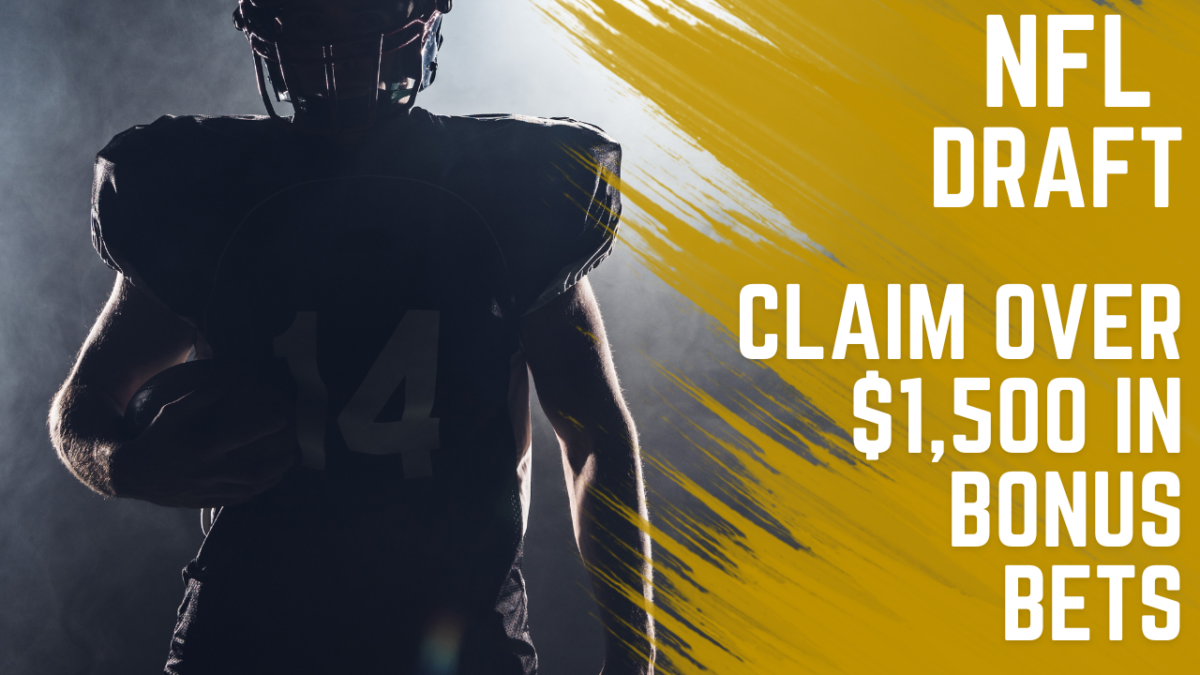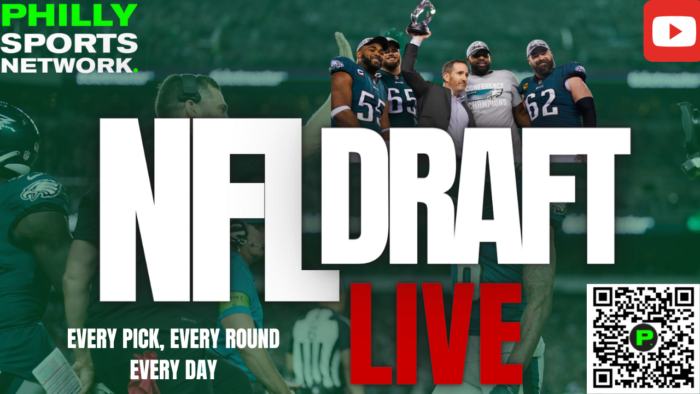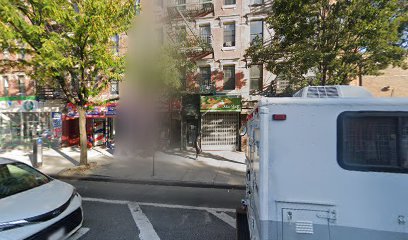Louis “Big Lou” Verdi, 61, is an old-world South Philadelphia Italian who ran the notorious Angelo Bruno family-affiliated restaurant La Strada, busted in 1983 for serving as a front for illegal gambling and loan sharking.
After more than three decades of arrests placed him in and out of prison, the former mobster left the crime family for what Logo TV calls “a new type of modern family” – garnering a reality show, “In the Big House,” that documents his move to West Hollywood. There, he settles in with his estranged ex-wife Dotsi and their two children – the “unapologetically out” Louis Jr. and Michel who, with her husband Jay Krymis, owns popular gay club Fubar.
“I feel like we are the modern family,” Louis Jr. said on the phone Monday after picking up Big Lou from the airport, where he had just returned from Jersey shore trip. “A gay son, a father trying to deal with that, the economy – my parents had to move in with us and I think a lot of people are experiencing that now.”
And so goes the tagline of this fish-out-of-water culture clash comedy: “Family is a life sentence.” The show’s first episode, which premiered last Monday, revolves around Big Lou meeting his son’s longtime boyfriend and coming to terms with his lifestyle. “He’s my son, he’s alive – it’s not the worst thing in the world,” Big Lou said. “They tell me he’s happy. That, I can accept. I’ll make it real simple: the only thing I can’t figure out is how can you be happy if something’s up your butt. It’s just irritating.”
He said that he has come to terms with his son’s sexual preference. “I cried in the beginning,” he admitted. “I thought me not being there might’ve caused it, so sometimes i blamed myself. But he said, ‘No, dad, I just knew it.’ I don’t believe in genes and there ain’t nobody on my side of the family that’s gay – maybe he got it from his mother. All I say is I accept it.”
Through the wire
Louis Jr. said that he is happy, particularly eager to forge a relationship after a childhood talking to his dad over phones and through glass windows. “Just growing up without a father is hard on its own and then having a father that people perceive to be a bad guy is worse,” he said. “But it’s different now. I think the show is definitely helping us build a relationship.”
Producers, who were first interested in doing a series about owners working to run a gay bar, quickly zeroed in on the Verdi’s unique background. “I moved with my sister and Jay and I started working for the business,” Louis Jr. said. “Someone approached her about doing a reality show and we met with a bunch of producers. They were like, ‘Where are you from?’ We were telling them the back stories of our lives and they said, ‘The real reality show is your family.'”
Big Lou agrees, saying that, with the cast of characters in his family tree, making the series was a show-within-a-show. “We might’ve did 80 hours for that 22 minutes,” he said. “I think they should show the 80 hours that they filmed as they’re doing it because I was so funny. I had lines that you wouldn’t even know. I think you’d probably have a better show with us making the movie.”
Louis Jr. said that despite the often-comic squabbles between the brash relatives, he ultimately hopes the show can help others come to terms with unconventional family situations. “I just hope someone can take something positive from my father’s mistakes and take something positive from watching us build a relationship and maybe a father or a parent that doesn’t agree with their child’s lifestyle and hasn’t been there for them maybe will make an effort,” he said.
“Or someone that doesn’t want to make an effort with their father because of their past and things they’ve done will maybe try. … It’s a family – be there for your family and also be true to yourself. A lot of times, my dad, with me being gay, I just stay true to myself and he has to deal with it.”
The ‘Gentle Don’
For Big Lou, California is a welcome change from mob life in Philadelphia. “It’s completely 100 percent different out here, so beautiful and relaxing,” he said. “Then you have South Philly, it’s like a rat race. You read the paper and every other day someone gets killed or stabbed.”
But there is one thing about Hollywood he doesn’t like. “I don’t watch mob shows because it bothers me,” he said. “They only show you the violence. They don’t show you the other side, the good things we do for people out of work or other things. It’s always about killing or breaking your arms. … We didn’t break arms and legs. That went out with high-heeled sneakers.”
Lou still reminisces about what he sees as the golden era of mafioso culture, when, according to him, everyone looked out for each other and no one forgot where they came from. “Angelo was the ‘Gentle Don’ – no killing, he didn’t want drugs,” he said. “He said if we start selling drugs, it’ll come back on us and on our kids and grandchildren. Today’s a little different. All the friends I had are all dead or in jail. The ones taking over now don’t know the first thing about coming up poor. … There were enough of us then, we knew we could all make a nice living. It’s not like that today, where everyone’s out for themselves.”
He said if he could go back in time, he wouldn’t change a thing. “All I did was try to make as much money and get out and try to invest it in something good,” he said. “Whatever the government didn’t take, the lawyer took or my wife took – that’s why she looks so good. And then my daughter. I always thought money was everything and was always working, but I wanted them to have the best. If I had to do it all over again, I would do it the same. I believe in crime and crime pays.”
And he found, strangely enough, that his criminal background trained him well for his new role as an entertainer. “Now I can be whoever I want,” he said. “Now you can see me for real. I was always funny, but I couldn’t show that to people, my customers, because what that does, they see the weak side of me and I’m in trouble.
“So you gotta be a hard guy and I was being something I really didn’t like. You couldn’t show them your good side or weak side. That was the only thing I didn’t like – I had to play different roles. Maybe that’s why I’m doing so good with the show – I’ve been an actor all my life. I had to be a father, a husband, I owned a bar – they thought my last name was LaStrada.”
New episodes of “In the Big House” are shown every Monday night at 10 p.m. on Logo.





























